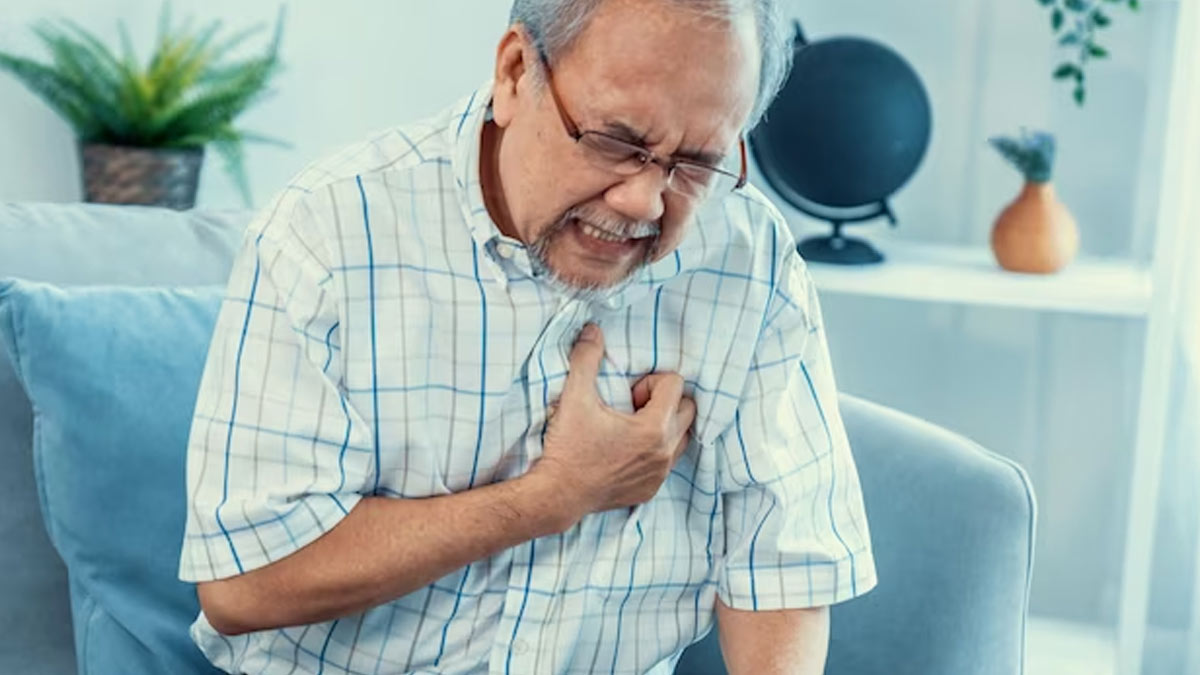
Have you ever experienced a sudden, intense headache that left you feeling disoriented and scared? Or perhaps you know someone who suddenly had trouble speaking or lost control of their limbs? These alarming symptoms could be signs of a stroke, a condition that affects millions of people worldwide. But how much do we really know about strokes? Do any misunderstandings need to be dispelled?
In this article, Dr Varun Reddy Gundluru, Consultant Neurologist, Yashoda Hospitals, Hyderabad, debunks myths about stroke and lists the facts.
According to the Indian Journal of Community Medicine, stroke occurs more frequently in adults between 31-45 compared to those under 30.
Myths And Facts About Stroke

Myth 1: Stroke occurs only in older people
Fact: Dr Reddy highlighted that stroke can happen in younger individuals also. He said, “The causes are a bit different in young people. It is usually due to valvular heart disease and vasculopathy (a condition leading to compromised blood flow) in younger individuals, but atherosclerosis (accumulation of lipids, cholesterol, and other materials inside and on the surface of arterial walls) also plays a role in some high-risk individuals.”
Myth 2: Stroke happens only in patients with diabetes or hypertension
Fact: Dr Reddy said, “Even healthy individuals can suffer from a stroke after this post-COVID era. Without any traditional risk factors, some genetic conditions and infections can predispose an individual to stroke.” The present changing diet habits and fast food culture also is a predisposition to stroke in young individuals.
Also Read: Does Shilajit Provide Unlimited Energy? Expert Debunks Myths About Shilajit
Myth 3: Stroke presents only as weakness in one half of the body
Fact: Dr Reddy noted, “Sometimes, stroke may present as an inability to speak or as giddiness, confusion, and altered behaviour. There may be sensory loss in one half of the body. So if something is happening all of a sudden, however trivial it may be, stroke should be considered a possibility.”

Myth 4: Waiting for improvement at home after stroke symptoms for recovery
Fact: Dr Reddy highlighted that stroke is an emergency. He added, “Delay in seeking medical attention may cost the patient his life. In the early stages in some individuals, thrombolysis and thrombectomy (treatment to remove blood clots) may be done to reduce disability and facilitate early recovery.”
Myth 5: Recovery from stroke is not possible
Fact: Dr Reddy informed, “With proper physiotherapy, treatment with antiplatelets and statins, along with blood pressure and sugar management, good recovery can be expected in many patients with stroke.”

Myth 6: Antiplatelets can be stopped sometime later after a stroke
Fact: Dr Reddy said that this is a very common misconception. Once a person has a stroke, he should be on antiplatelets and statin lifelong. They should not stop themselves after some time. This may again predispose them to have a recurrent stroke.
Also Read: Glaucoma And Blindness: Expert Debunks 5 Myths About Glaucoma
Myth 7: Strokes are not hereditary
Fact: Strokes run in families, just as many of the chronic conditions like obesity, diabetes, and hypertension that increase a person's risk for stroke do. Also, some genetic abnormalities that can raise the chance of developing blood clots that can result in stroke can run in families.
Bottomline
It is essential to learn that stroke does not discriminate based on age, and it is crucial to understand its risk factors and symptoms. The available treatments can make a significant difference in saving lives, minimising disabilities, and improving outcomes for stroke survivors.
Disclaimer
This article contains information provided by the expert. However, it's always best to consult with a healthcare professional for personalised advice.







